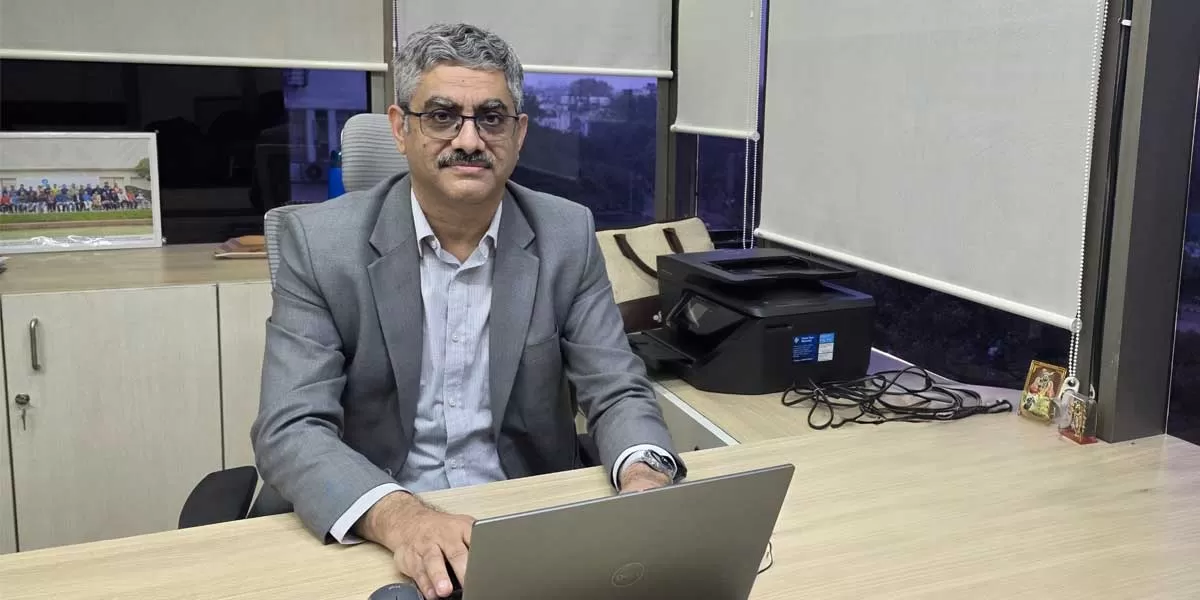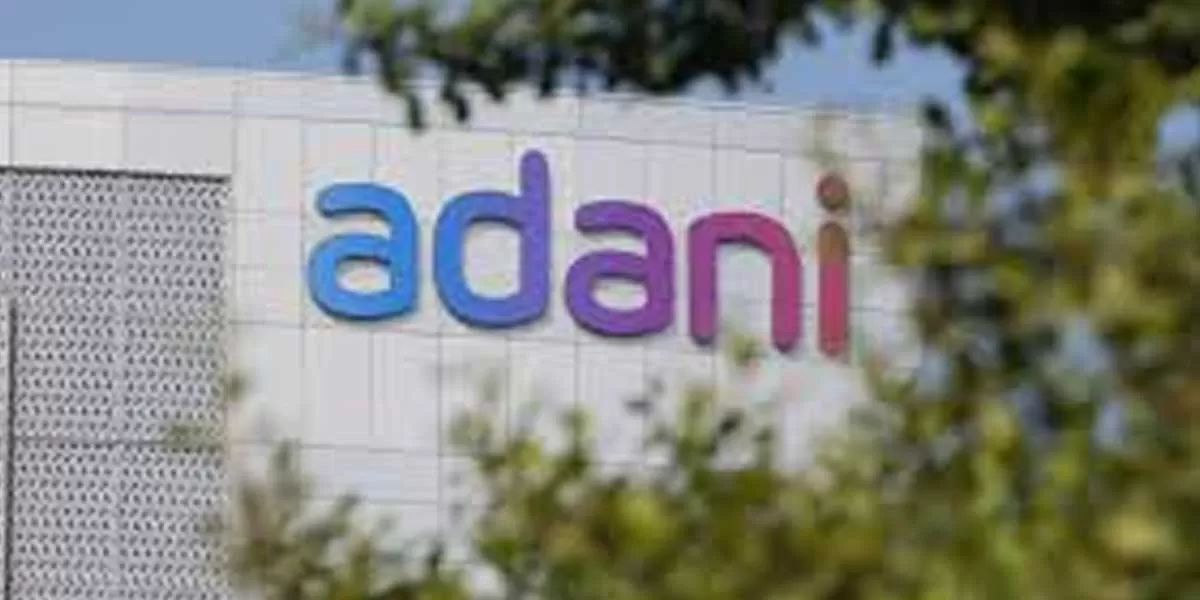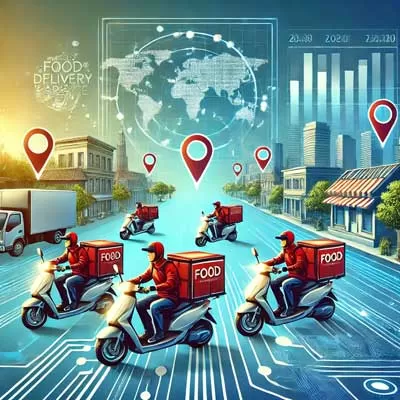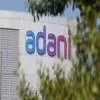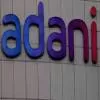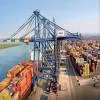Increased urbanisation and climate change are putting access to safe water at risk for city dwellers everywhere. Municipalities across the planet are turning to smart water management solutions to ensure supply resiliency, says Gary Wong, Global Industry Principal - Infrastructure and Water, AVEVA.The twin challenge of urbanisation and climate change are taking their toll in the form of increasing water scarcity in cities around the world. More people are moving to urban areas, already half the world’s population (55 per cent) lives in cities, and the United Nations expects that number to rise to two-thirds (68 per cent) within just a few decades. At the same time, climate change is already seeing large swathes of the planet being affected by drought, with coastlines being eroded and livelihoods disappearing. In 2022, more than 2.3 billion people faced water stress, while almost 160 million children are exposed to severe and prolonged droughts.Yet, although more than 70 per cent of the planet is covered in water, only 3 per cent of it is drinkable, and a significant portion of these freshwater resources is locked in glaciers and ice caps. Worse, water demand is projected to increase by 30 per cent by 2050, with the UN’s forecasting a global water deficit of up to 40 per cent by 2030.In response, an increasing number of cities are imposing water restrictions to tackle the problem. Santiago and Los Angles are two of the latest. National governments from The Netherlands to Brazil have formulated policy frameworks to regulate water production and management.Turning digitalHowever, ensuring access to water, a fundamental right for everyone and part of the United Nations’ Sustainable Development Goals, increasingly requires real-time onsite management that helps circumvent the challenges of increasing water scarcity. To that end, municipalities across the world are turning to digital technologies such as data analytics, artificial intelligence and machine learning, and the industrial internet of things (IIoT) to support their water security needs. By generating valuable predictive business insights and improving operational resiliency, these smart city solutions can help authorities understand water needs, preserve existing water sources and minimise leakage in order to increase the availability of clean water for all.How Naples manages water systems remotelyAs hybrid workplaces become the norm but supply and distribution challenges increase, digital technologies are already supporting water and sewage management. Gori centralises water services to 74 Italian municipalities in and around Naples, including Salerno, Vesuvius, and the Isle of Capri, taking over from a patchwork of local providers. But calibrating the delivery of 207 million cubic metres of water to more than 1.5 million people across a 4,000 km network as a single entity was becoming unmanageable at scale. A 2,240 km sewage network spanning 13 treatment plants compounds the problem.Gori’s SCADA team turned to AVEVA’s digital technology solutions to reconcile its significant operational challenges and reduce energy consumption along the way. The smart city solution implemented an integrated suite of software products that included AVEVA System Platform, AVEVA InTouch Access Anywhere, AVEVA Historian and AVEVA Automation Objects, providing operators with single-window access from both fixed and mobile stations.Efficiency boosterSince implementing the system, Gori’s operations have logged increases in both efficiency and sustainability. At its Mercato Palazzo plant, for instance, the remote monitoring and control system has led to a reduction in energy consumption by 45 per cent or savings of about €80,000 per month.How City of Salem predicts and assures water quality The effects of climate change are complicating water management for utilities around the world, with events such as droughts and shifting precipitation patterns changing water availability patterns.The City of Salem in Oregon faces a water quality hazard of a different kind. Warming temperatures have led to rising outbreaks of dangerous algal blooms on the lakes and rivers that supply the city with drinking water. Many of these algae produce hazardous cyanotoxins that pose significant challenges to water utilities, including grave safety risks, and costly interferences to treatment processes. One such four-day event led to a month-long drinking-water advisory, and eventually a declaration of emergency.The city turned to AVEVA Data Hub to ensure it was never surprised by such a scare again. The scalable cloud data management platform brings together live data points such as water depth, weather information, water turbidity, satellite imagery and lab samples into a single, web-based interface. City officials then share this unified information with engineers, ecologists, mathematicians, and other analysts in real time.The program puts previously unreachable data sources within officials’ reach, enabling them to run predictive analysis that forecast the need for water treatment a week in advance of any algal blooms and toxic hazards. That’s enough time for operators to take corrective action such as changing pumps and filters or redirecting water flow, ensuring that Salem residents always have clean and safe drinking water.How Puerto Rico enhances asset resilience and efficiency Improving asset efficiency can deliver immediate output gains while boosting asset resiliency and saving costs. The Caribbean territory of Puerto Rico lacks a source of fresh water. Yet, with more than three million residents and an equal number of annual visitors, demand for water continues to grow. The system serving them has grown to over 16,100 km of water mains and aqueducts and 3218 km of sewage lines between 1,500 sites that service the island’s five regions. The island’s diverse and remote terrain means increased visibility and reduced travel is critical.The Puerto Rico Water and Sewage Authority, already one of the more advanced utilities in the world, recently transitioned to a fully automated system with an integrated suite of AVEVA solutions to reconcile the contradictory goals of increased water output, EPA compliance, improved efficiency, and reduced costs. Manual operations were eliminated wherever possible for proactive management of all aspects of the water and wastewater systems. Real-time diagnostics enables operators to monitor the quality of the water and sewage treatment processes, troubleshoot problems, and make timely changes that help prevent compliance violations.Tangible results include clean, EPA-compliant water, fewer shutdowns and improved customer satisfaction. Output increased from 12 million gallons (45 million litres) to 20-30 million gallons (75-113 litres), while an estimated $15 million has been saved over seven years.Smart water solutions improve access to water With the incidence, severity, and complexity of water crises is on the rise, human effort alone cannot solve the mounting water challenges facing the world’s cities today. The use of digital water technologies is transforming water and wastewater management in urban areas around the world. By embracing smart water management, municipalities and utilities can improve resource efficiency, optimise supplies, uphold water quality, and predict maintenance needs, all while avoiding costly disruptions. In the process, affordable access to water can be improved for everyone.Technology can help ease the water crisis, if we deploy it appropriately.(Contributed by: Gary Wong, GIP - Infrastructure & Water, AVEVA)

